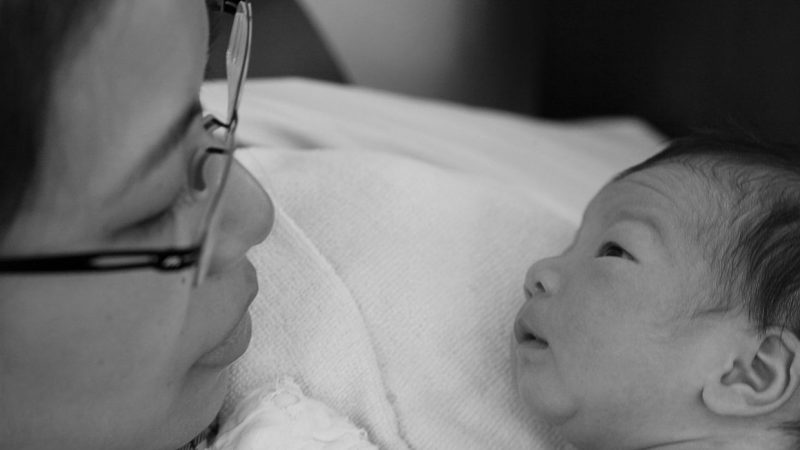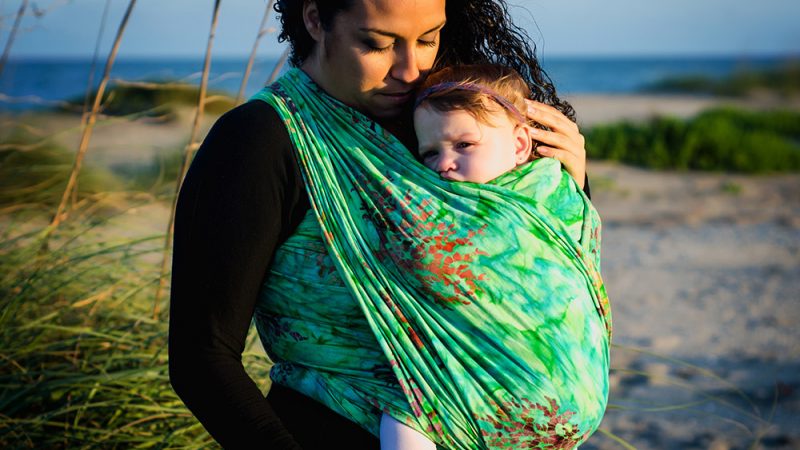
What to ask health professionals who breastfeed? (Study design notes)
The PSG group Breastfeeding and Health Care Experiences is a unique mix of breastfeeding mothers with a wide range of backgrounds including a significant minority of health care professionals (HCPs) within the group. This group’s main research project will explore the experiences of mothers in relation to infant feeding and health care. They are also planning a side project, looking at the perspectives of health care professionals who breastfed their own children.
The following are notes on this side project, drawn from Q&As and from comments on the group.
PSG N: The suggestion was we use experiences of the people in our group, playing to our strengths. We’d do interviews for qualitative analysis.
There are currently three suggestions:
1. How does the advice HCPs give on breastfeeding change once they become mothers?
PSG G: Maybe interviews, pulled together into an article. Or maybe we could do video interviews?
2. Take stories from members of our own group and compare HCP & non HCP stories
Petra: You may find if you explore the experiences of the group and can categorise by those who were HCPs before and those that were not there are some interesting differences to focus on.
Sophia Collins: I think we talked about getting HCPs in the group to write about their experiences and do a textual content analysis to draw out themes, etc. eg it seems very common that HCPs have a baby, start breastfeeding, and then realise how much they didn’t know before.
PSG R: It could be a side line to the main project, to give a bit more emphasis and connection for the HCPs beyond the general experiences. I think Petra (or the person that posed the question in our last chat with her) talked about using the HCPs unique perspective to produce other materials for HCPs, like videos/educational info.
3. What do HCPs with the benefit of personal breastfeeding experience wish they could tell their colleagues/former selves?’
[There was general agreement this is better wording and more feasible that than the previous incarnation of this question]
Who would we get the data from?
There are two suggestions:
- use our own experiences
- invite submissions
PSG C: Wonder if we can pool our own responses into the system too – it would be a shame to focus completely on others and miss the expertise and experience that group members also bring
I have concerns about the ethics of investigating closed groups but we could use our own reflective experiences.
PSG O: I have a couple of friends that I could add to the group who are HCP – mainly because all my irl friends are HCPs!!
PSG D: could initially pose your question to the HCPs in the group, ask them if this question works. A Facebook poll?
PSG B: Would we be looking at HCPs only from this group? If we needed more we could see if GPIFN would help? If we need to see what HCPs with no specific interest in breastfeeding thought then posting a link to a questionnaire on FB RCN groups is a place where you can capture HCPs but it would be limited, GPIFN is better because it encompasses so many HCPs
PSG J: A minimum number would depend on if we needed an adequate sample size to show something of statistical significance, so quantitative.
Somehow though,I don’t think having too few participants or points of data collection will be the issue in this work ?. It will be when to say we have enough data!
Sophia: I think we are realistically looking at qualitative research – trying to understand what experiences people are having, rather than measure how often things happen or whatever.
It sounds like you really know your stuff re quantitative research. Realistically, what level of resources would we need to do that? And can it be done by a bunch of volunteers, mostly with little research experience, with an hour or so free a week, and a budget of buttons?
PSG K: chocolate buttons?
PSG J: I’m actually a qualitative bod and qualitative lead of a research ethics committee in London. I’m always arguing against quantitative studies lol. How did that happen?!
Anyhow, I can have a look at what is proposed and let you know if we could do something quantitative too. It would require access to a statistician to come up with the exact numbers from the proposal.
General comments:
PSG: B: I think this side project could be really powerful in helping HCP’s take the research more seriously
Petra: I’m biased as I love reflexive projects (where you bring your own experiences in) but I think that could be very powerful indeed. And when it comes to convincing other HCPs having that real world, personal experience really engages them.
PSG AG: For HCPs surveys often work best due to time demands but response rates could be poor and the data biased by selection bias (e.g. only those already vested and supportive of breastfeeding respond).
Petra: I agree surveys are time consuming for a low return (and, if we’re honest they’re overused in health research so I don’t know how useful they always are). However you could find ways to get them done via networks and it might be a good plan if you want to reach a lot of HCPs – particularly if they feel the survey is designed to find ways to help them do their job more effectively.
PSG T: Are people assuming they become more pro BFing if they do it themselves?
PSG U: are we making an assumption that if a HCP has breastfed that makes them more likely to be ‘on board’ and give good advice? Because in fact a lot of HCPs are often MORE problematic breastfeeders than the general public? It’s a weird phenomenon as evidenced by an entire Breastfeeding Facebook group dedicated to Breastfeeding HCPs who (conversely) often seem to have more problems successfully Breastfeeding than the general populous. So it could be that HCP previous breastfeeders are worse ‘advice givers’ than those who know the theory but haven’t breastfed simply because HCP breastfeeders can have more problematic BF journeys.
PSG P: Interesting point! I’ve a GP friend who says all her GP friends/colleagues had difficult births – she thinks it’s because during their training they only saw consultant-led-unit medicalised/complicated births, so that was their fears/expectations…
PSG Q: I’ve had the opposite experience with colleagues that have breastfed and just found it is an expectation so haven’t actually had to research much, if that makes sense – most have breastfed by the book – until 12 months and then weaned.
What is the group of breastfeeding HCPs?
PSG E: PMGUK Breastfeeding support (PMG is Physician Mums Group – think you have to be added by a friend who is a doctor to join).
Sophia: That’s a good point. I think Louise from GPIFN shared a link awhile ago about how GPs have very low rates of breastfeeding, for various reasons.
I think the suggestion started from thinking about some of the HCPs in our group, and how they’ve said they suddenly realised when they had a child themselves how much they didn’t know. So maybe it is more about what is the experience of HCPs who do go on to successfully breastfeed themselves? What can they say to their colleagues about what they realised in that journey?
PSG A: I posted in GPIFN about an experience I had with a colleague and a huge theme that emerged was that HCPs need to debrief their own feeding journeys. It was really interesting, I think this would help that too 🙂
Related Links:
Q&A with Petra Boynton: How to do Research – Part 1
Q&A with Petra Boynton: How to do Research – Part 2
Next steps: notes on the main research proposal
For more on this group see Breastfeeding and Healthcare Experiences


